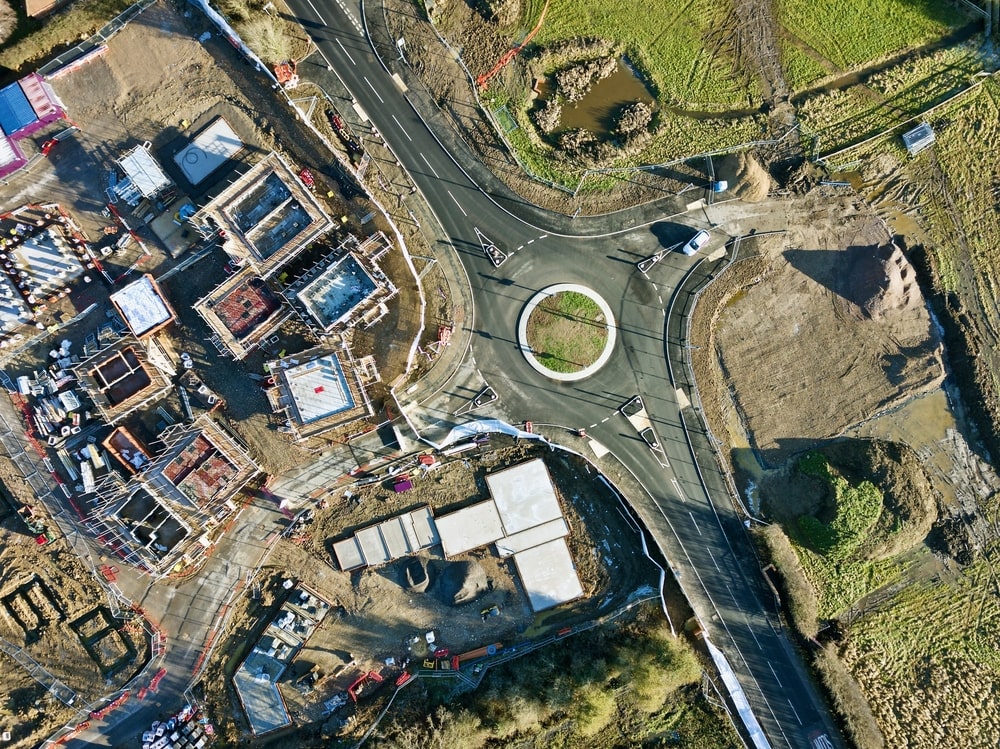Features - Business
ICE State of the Nation 2019: Connecting infrastructure with housing

The Institution of Civil Engineers (ICE) has released its latest State of the Nation report, giving its recommendations for infrastructure in the UK.
In particular, this year’s ICE report takes an in depth look at housing and infrastructure, and how the economy can be improved by better connecting the two.
ICE’s 2019 State of the Nation report sets out a series of interventions for better integrating the planning and delivery of housing and infrastructure. While we struggle to address the housing crisis, and balancing this with our green spaces, ICE looks at the scope within the current system to consider infrastructure more strategically.
The report makes ten recommendations that, taken together, can bring about a broad reform to the way infrastructure is delivered with housing, while taking advantage of the technological and climate-led opportunities to come.
These recommendations include:
- Evolving the role of subnational transport bodies in England to incorporate other economic infrastructure and their interactions with housing to create subnational infrastructure bodies. These bodies should develop regional infrastructure strategies that include housing, which are non-political, cross-sectoral and evidence-based. Across England, these strategies should feed into the National Infrastructure Strategy to ensure effective integration of infrastructure and housing planning across boundaries and at local, regional and national scales.
- The charter of the National Infrastructure Commission should include housing alongside economic infrastructure, allowing more joined-up, long-term and evidence-based strategies on housing and infrastructure requirements.
- The UK government should amend the Development Consent Order (DCO) process to enable large-scale housing developments of 5,000 or more homes to be delivered under it, ensuring greater coordination of housing delivery with nationally significant infrastructure, business and commercial projects.
- Regulators should build greater flexibility into the utilities’ regulated asset base model so that appropriate consideration can be given to providing infrastructure for permitted new housing developments outside of price control periods.
- The Housing Infrastructure Fund in England should be extended beyond 2023–24 and moved to a continuous programme of funding.
- The UK government’s commitment in 2018 to develop a Strategic Infrastructure Tariff that allows local authorities to pool resources to fund specific strategic infrastructure must be carried through by the new administration.
- The next National Infrastructure Assessment should identify options for future-proofing new housing developments and strengthening existing communities, ensuring that decisions are strongly linked to the transformation in transport, water, energy and digital infrastructure that technology will enable and climate change will demand. This should feed into developing and iterating the Future Homes Standard in England.
You can download the full report here.
If you would like to read more articles like this then please click here.
Related Articles
More Features
- Ten years of progress on payment, pre-qualification and skills
19 May 25
The industry has made significant progress on late payment, pre-qualification, and competence since the formation
- Pagabo provides clarity on impacts of new NPPS and PPNs
12 Mar 25
The Labour government’s new National Procurement Policy Statement (NPPS) sets out strategic priorities for public
- How is the Procurement Act going to drive social value
24 Feb 25
The regulations laid out within the Procurement Act 2023 will go live today.






